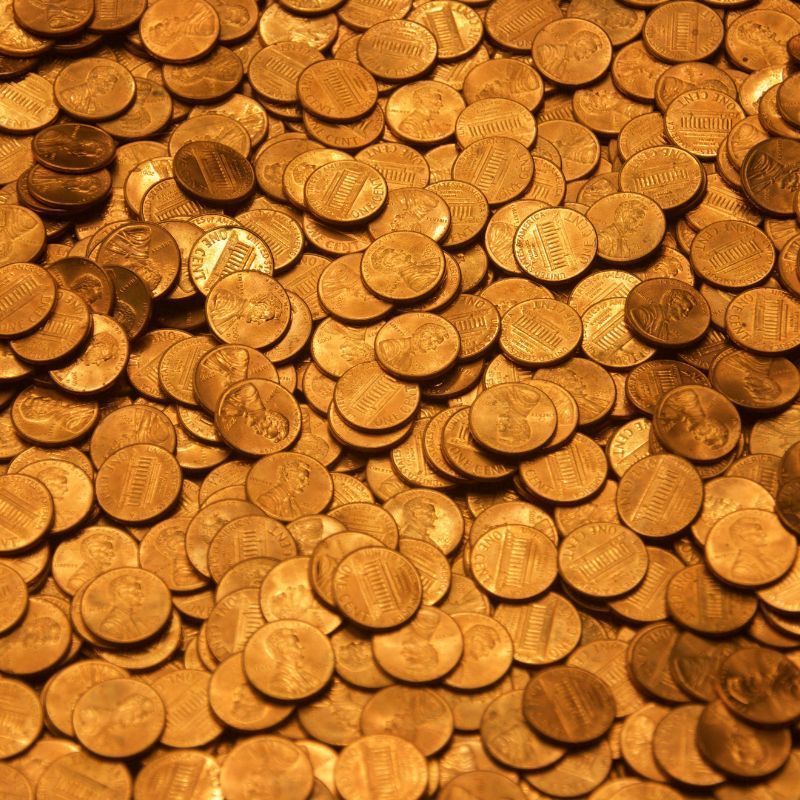Is it a good idea to invest in rare coins? Know the specifics before taking the plunge – Lifestyle Asia India

Collectables are an asset type that can help investors diversify their portfolios away from stocks and bonds. Unlike securities, the value of collectables typically isn’t tied to market trends. Instead, their worth is influenced by a range of different factors, including demand.
With coin collecting, as with collecting other items, the more rare the coin, the more valuable it is. Investing in such coins has the advantage of potentially providing significant profits, however, it also has downsides to consider, including the fact that earning money investing in them takes time.
Learn more about the pros and cons of investing in rare coins, and how to include them in your portfolio.
Historically, rare coins have offered significant profit potential above and beyond the underlying metal value of a coin. Prices of elite coins have appreciated over 1,000% from 1976 to 1980 and 600% from 1982 to 1989, according to Finest Known, a rare coin newsletter.
Investing in rare coins is no substitute for traditional investments to reach your financial goals. However, this asset can help you diversify your portfolio and reduce risk.
The rare coin market has changed significantly over the past few decades. Grading coins, or verifying their authenticity and defining standards, was opened to third-party grading services in the 1980s, which helped remove some of the risks of investment. What’s more, the internet also brought the opportunity to access more knowledge about coin collecting, rare coins, and buying coins online.
If you’re just getting started investing in rare coins, the consider connecting with a mentor who can guide you through researching the value and potential future value of coins. You can also learn about this field by collecting through coin shows, reading books and articles, talking to coin dealers, and joining coin clubs.
Just as with any investment, a balanced coin portfolio reduces your risk of market fluctuations and provides greater potential for returns. Having a variety of US coins, precious metals like gold bullion coins, and classic gold coins like the double eagle can improve your portfolio’s diversity.
Rare coin collecting is not ideal for making short-term gains. “Coin flipping” is a strategy that does aim for short-term gains with coins, but it can be risky. With this strategy, you buy a low mintage coin directly from the mint and then try to quickly sell it for a larger profit. You could lose money if you miss the opportunity to sell quickly or the market becomes flooded.
The rare coin market isn’t free from market fluctuation. In fact, it can even be volatile at times. Coin prices depend on supply and demand. If a demand for a particular coin or series of coins gains in popularity, the price can soar only to crash later if the coin’s popularity decreases.
One difference of investing in rare coins compared to shares of a company is that coins are not alike, while a share of a particular company is worth the same as another share.
Two 1900 Buffalo Nickels, for example, may not be the exact same price even if the coins have identical variations and the same grading. They may be valued differently because of subtle differences in the coin, such as one looking slightly better than the other. Investing in rare coins is more unpredictable in that way.
(Hero and Feature Image Credit: Dan Dennis/Unsplash)
This story first appeared on www.investopedia.com
©️ 2022 Dotdash Meredith Corporation. All rights reserved. Licensed from https://www.investopedia.com/ and published with permission of Dotdash Meredith Corporation. Reproduction in any manner in any language in whole or in part without prior written permission is prohibited.
Answer: The best way to start investing in rare coins is to find a mentor who can guide you through how to value of rare coins. You can also read books and articles on the topic, attend coin shows or join coin clubs. Familiarise yourself with how coins are valued so you can better predict potential returns.
Answer: Someone who collects coins is called numismatist. Numismatists include collectors, scholars, and dealers. The American Numismatic Association is a nonprofit dedicated to educating people about coin collecting.
Answer: Generally, rare coins do increase in value over the long-term and can provide significant gains in many cases. However, keep in mind that there are no guarantees for how a coin will change in value. The Bottom Line Unlike buying stocks from a reputable broker, rare coin investing can be more complicated. Be aware of the potential for counterfeit or doctored coins, which The Professional Numismatic Guild (PNG) defines as altering a coin’s surface to diminish or conceal defects and misrepresent its condition and value. Experts nearly always can detect an altered coin, but a beginner may be fooled, So only buy coins from reputable coin dealers and coins that are certified by Professional Coin Grading Service (PCGS) or Numismatic Guarantee Corporation (NGC) or one of the three third-party coin grading services. Rare coin investing can not only be an interesting hobby but can be potentially profitable way to invest money for the long-term as part of a balanced portfolio.
Yes, I agree to the Privacy Policy
Follow our daily snapshots at @lifestyleasiaindia
Yes, I agree to the Privacy Policy
Subscribe to our newsletter to get the latest updates.
Thank you for your subscription.










